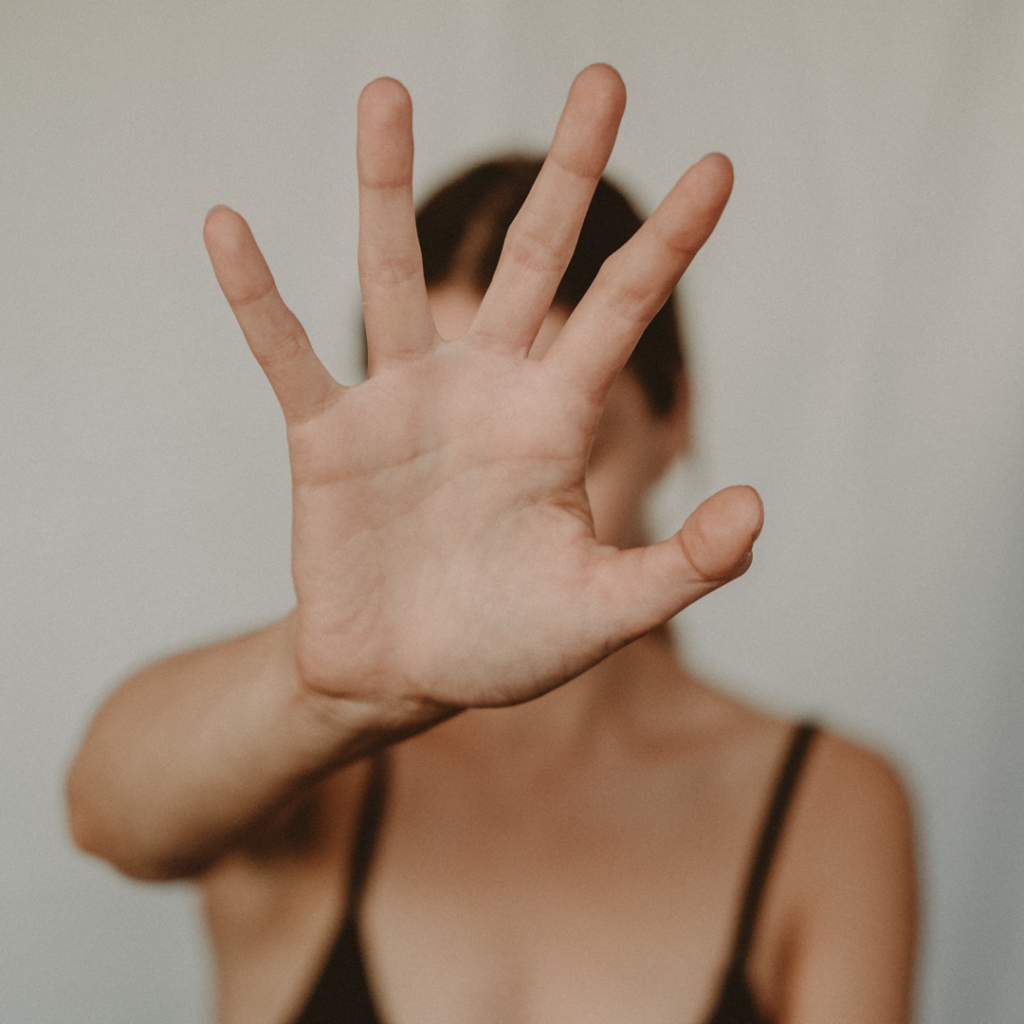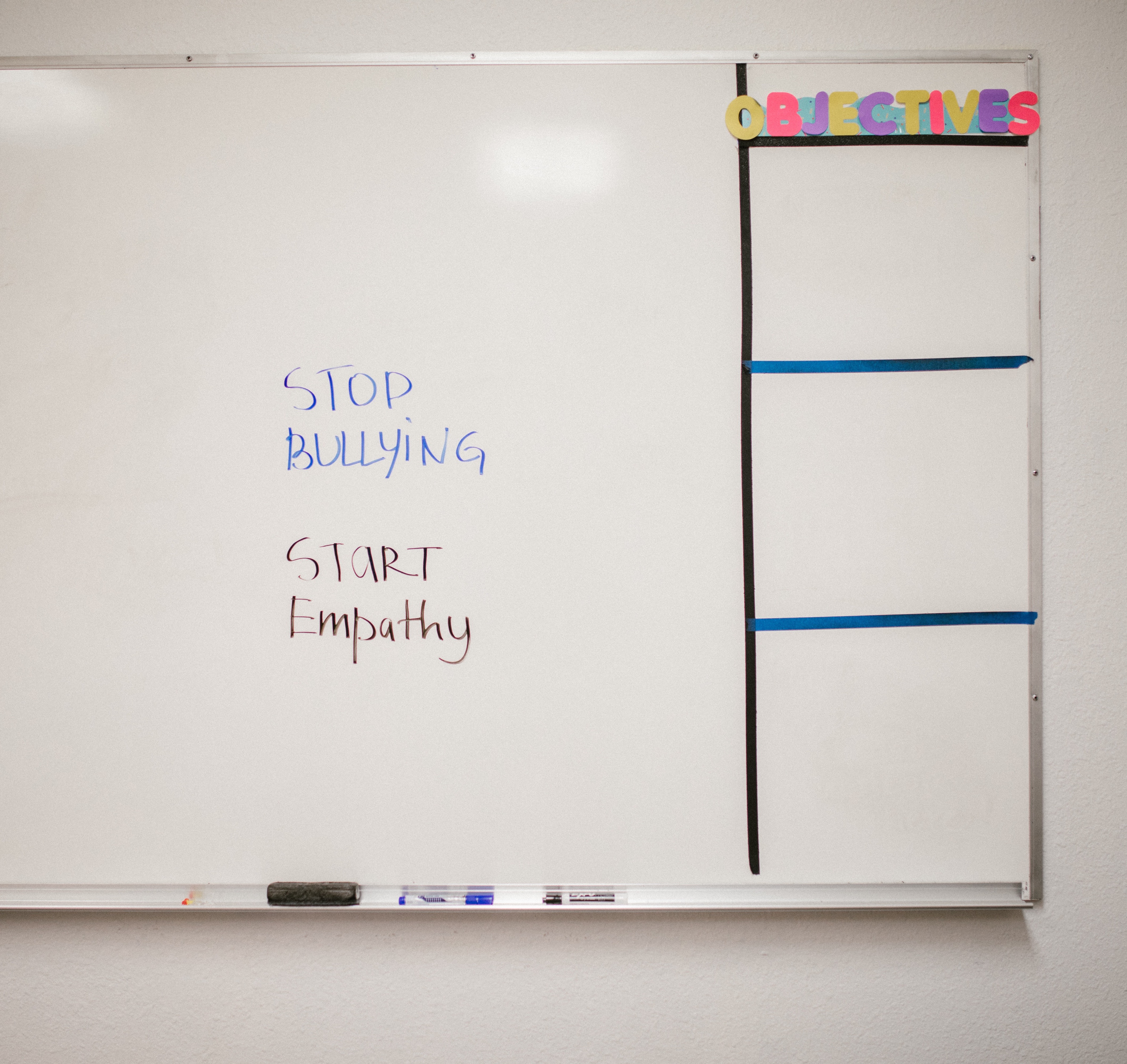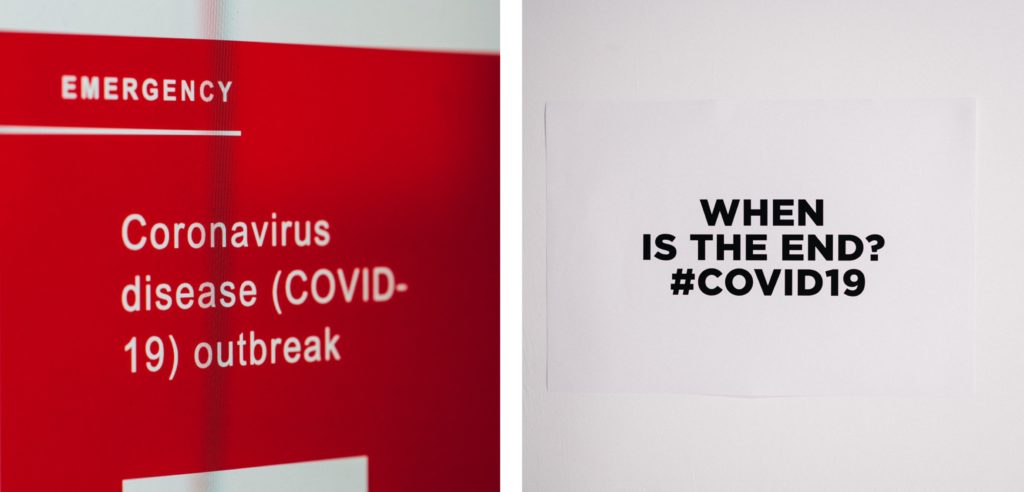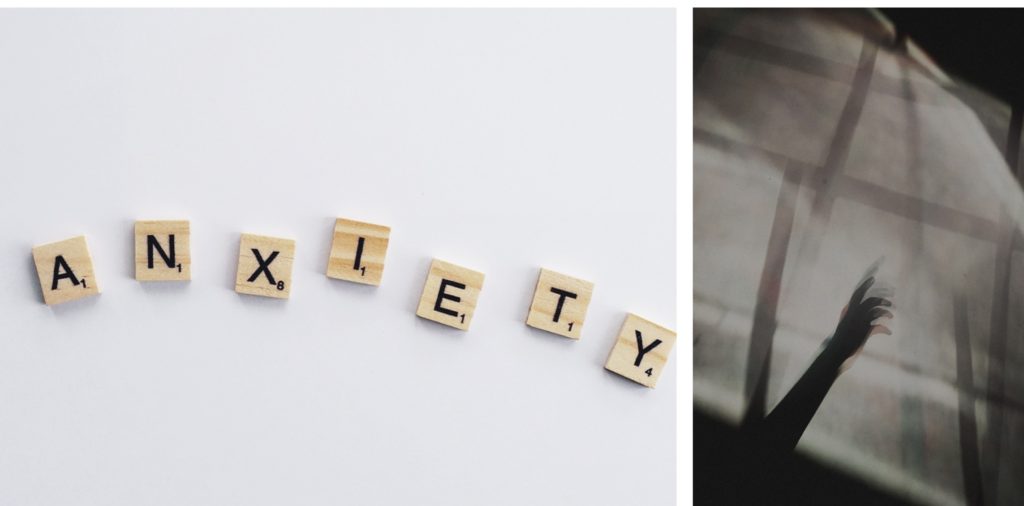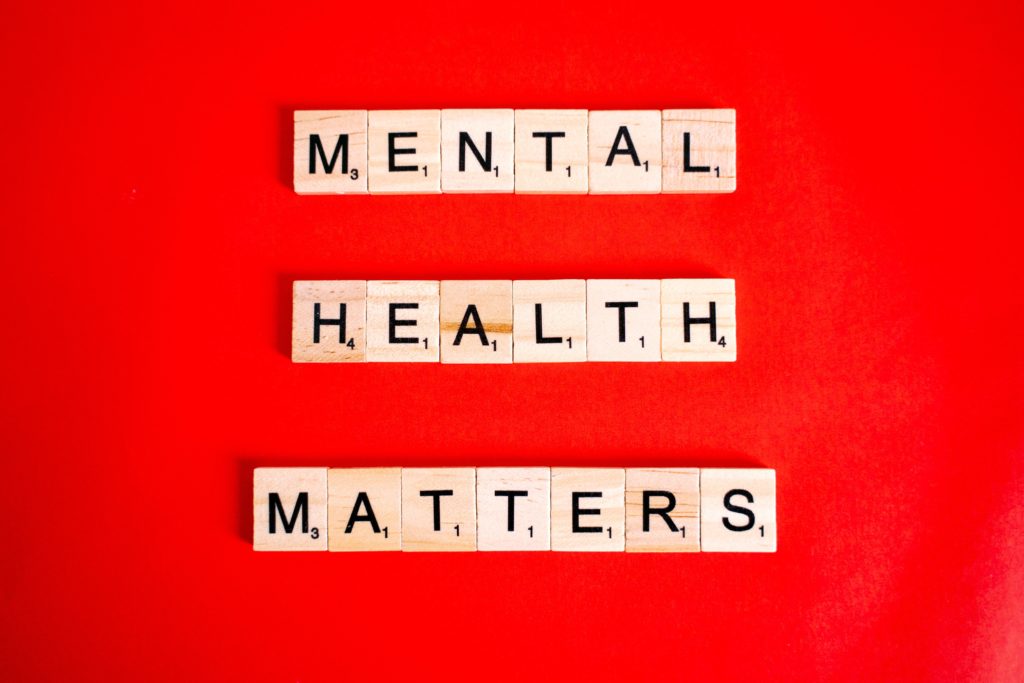We live in a society which completely absorbs our energy; each day is like a jungle, a non-stop race that prevents us from enjoying the present time as we should, while we are constantly focused on our future, overwhelmed with a permanent To Do List that has full control over us.
Therefore, it is important to realise when it is the case to stop that freight train and to have a mental and physical break.
As you know, our mind and our body are connected more than you might imagine; physical health problems can significantly increase the chance to develop a mental health disorder, and vice versa; research shows that anxiety and depression are the most common consequences of a physical condition, however it is not excluded that a long-term physical illness could cause a panic disorder or a heart disease.
Hence it is advisable to be more aware of any possible burnout, and to be able to identify any red flag when it shows up before it will be too late.
But what are the most experienced symptoms of a breakdown and how can we recognise them?
Cases can be various, and they can differ from person to person, depending on several factors, but if you happen to notice any of the following cues, then it is the right time for you to step back and to slow down.
Have a break if you:
- Feel mentally and physically exhausted, despite your 9-10 hours’ sleep
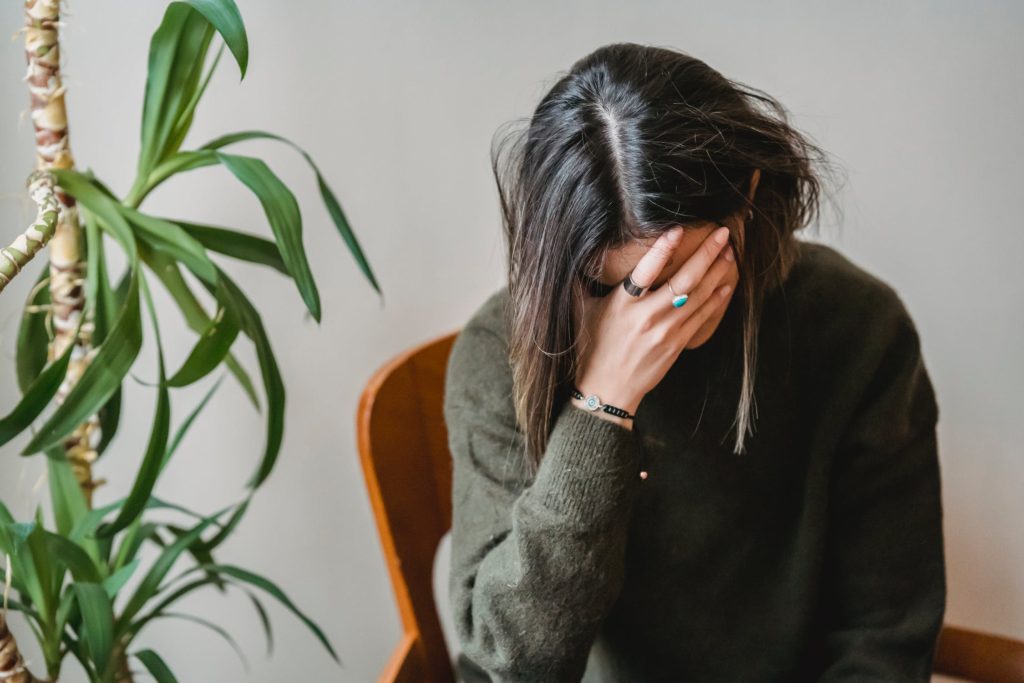
Have you ever feel completely knocked out even after sleeping for longer than your usual? You think that you have fully recovered from a hectic week at work, but your face is still tense, and your energy level seems to be down; this is a clear evidence of high stress, and you should be taking some days off, dedicating some time for yourself only and to disconnect from the rest of the world for a moment.
- Experience any difficulties concentrating and you need to go back to the same task repeatedly

Has it ever happened to you? How often did you go through the same line before sending a simple email to your boss? And how often have you read that paragraph before being able to memorize it? Like a permanent sense of tiredness, a lack of concentration may be another wake-up call in these events. Both factors can be linked to each other, and they can be experienced at the same time, depending on the person’s resilience and mental fitness.
- Are easily irritable and you can’t control your emotions

Impulsiveness and aggressive reactions are in most cases due to challenging situations that might be affecting our psychological wellbeing – causes are countless and might have several reasons, but they usual involve people’s personal life and sphere; also, even a chronic disorder or a long-term physical disease is likely to impact your mood, and consequently, your behaviour.
- Have been eating a significant amount of food and in a short time, or if you have a loss of appetite

Mind these kinds of symptoms, as they might be warning signals of a possible eating disorder, and you should never allow this to happen to you. Your body and your mind don’t deserve that; instead, be prompt to listen to both, understanding that every small action has a valid reason behind it and that it is better to ask for external support when needed.
- Get regularly sick and you start developing some physical conditions that you have never had before

Sometimes stress can be so unsustainable and difficult to handle that it starts to impact our immune system too.
I still remember how often I was getting ill when I was extremely anxious and overwhelmed. I experienced the most uncommon symptoms, to the point that I could be barely able to speak or eat due to a severe infection because of mouth ulcers.
I was getting hypochondriac, thinking that I had the worst existing diseases in the planet, even though facts were proving the opposite, showing that I was perfectly fine and healthy.
It is incredible, but this is how powerful our mind and our thoughts are.
- Have moments of extreme euphoria, followed by instants of sadness and negative mood

Managing your mood might be a factor of stress itself, and if you can’t make any plan or complete even a simple task you have been doing for a while because of that, then you might be mentally exhausted, or something might be not quite right in your life right now. Bear in mind that, in these cases, if you don’t take any action straight away, this might compromise not only your relationship with yourself, but also with people within your circle. In addition to this, in the most serious cases, this mood swing might take you to experience a mild form of bipolarism, a mental disorder that includes emotional hights (mania or hypomania) and lows (depression).
- Have been feeling incredibly sad and you have a loss of interest or pleasure in activities once enjoyed
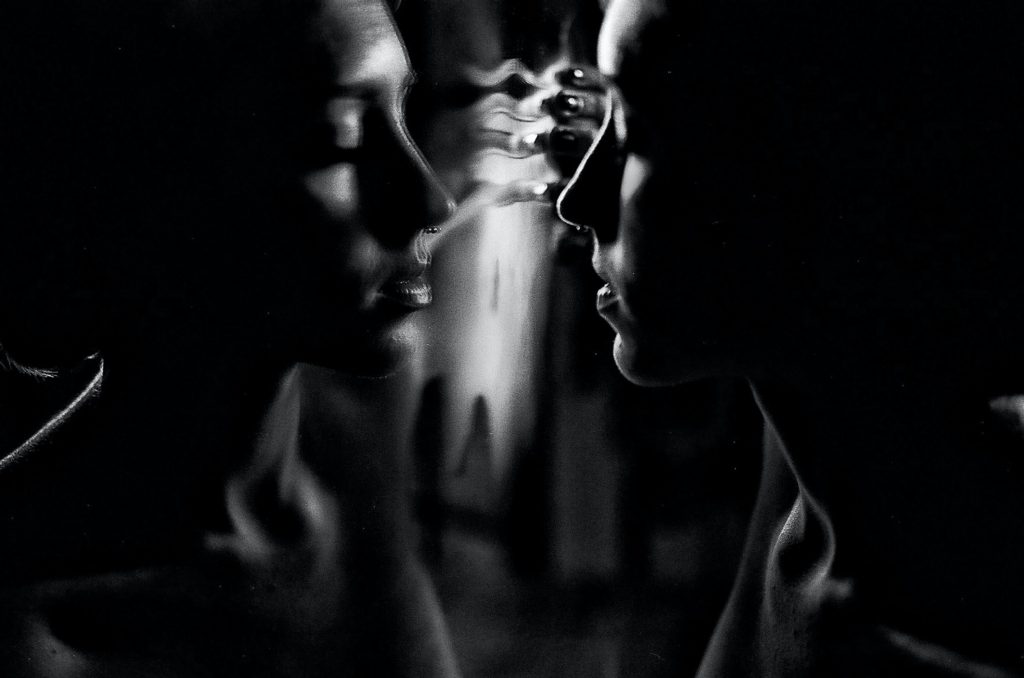
Talking about bipolarism and symptoms correlated, if your mood is extremely down and you are struggling to find motivation in things you used to do before, and even the easiest tasks have a strong impact on your emotional and physical wellbeing, then it is recommendable to ask for external support as soon as possible.
Depression is one of the leading causes of disability worldwide and a major contributor to suicide and coronary heart disease.
Do not wait till it becomes an obstacle for your whole life.
It is humanly acceptable to be feeling tired and under pressure at times. External factors make a tremendous contribution to our mental and physical health. Hence you should be seriously looking after yourself, making sure to have enough rest, but first of all, that you are aware of your current psychological state.
Remember, you should always be your own priority, no matter what, as if you are not at peace with yourself you will not find any happiness and stability within the outside world either.
Do not be afraid to ask for help when needed and stop blaming yourself for having hit rock bottom again. It happens.
Life is a cycle, and we all have our ups and downs.
The first step begins with acceptance.
You can embark on a healing journey today only if you accept to have a moment of pause.
There is nothing wrong with it. Allow yourself to slow down when your mind and body ask you to do so.


